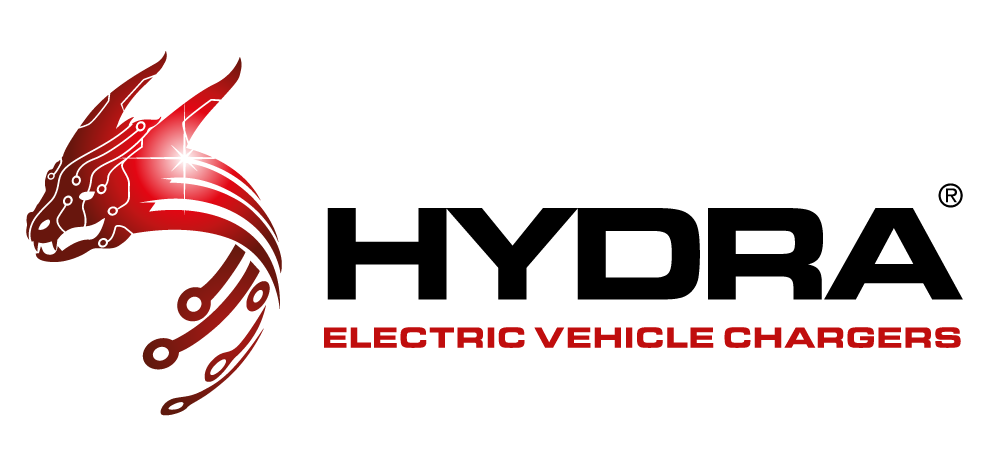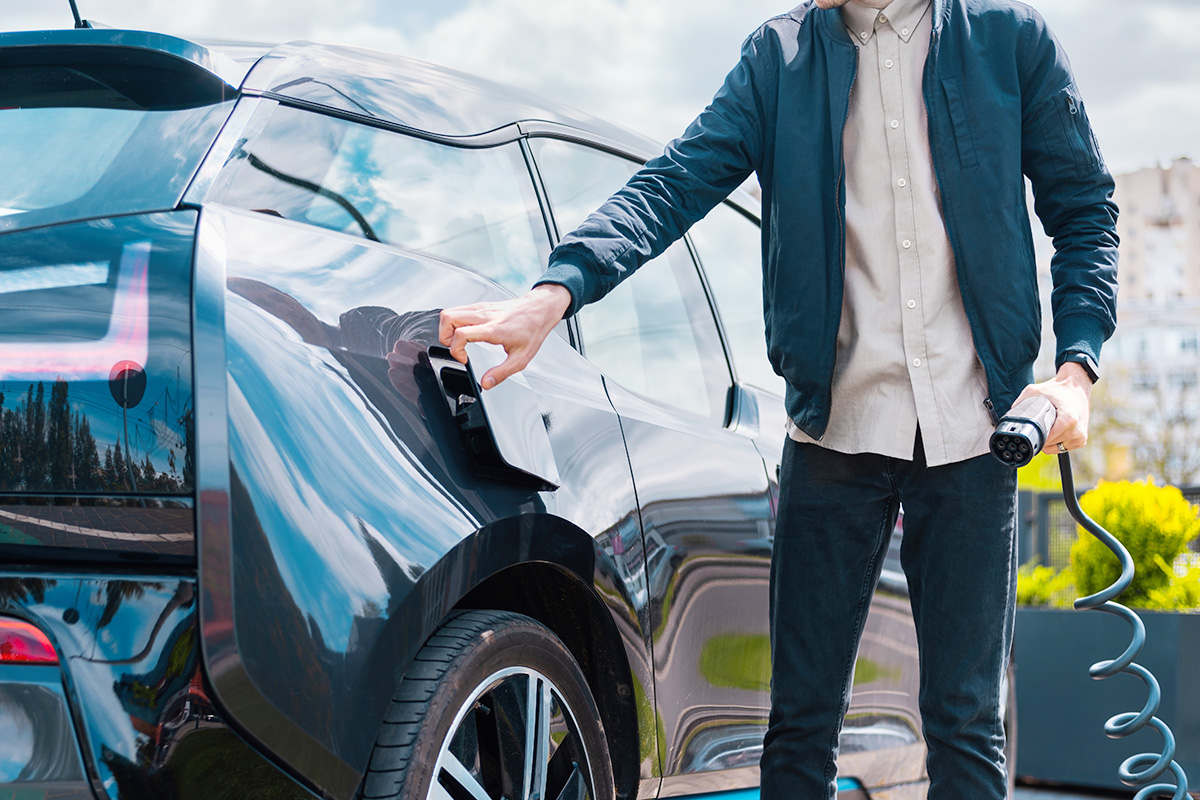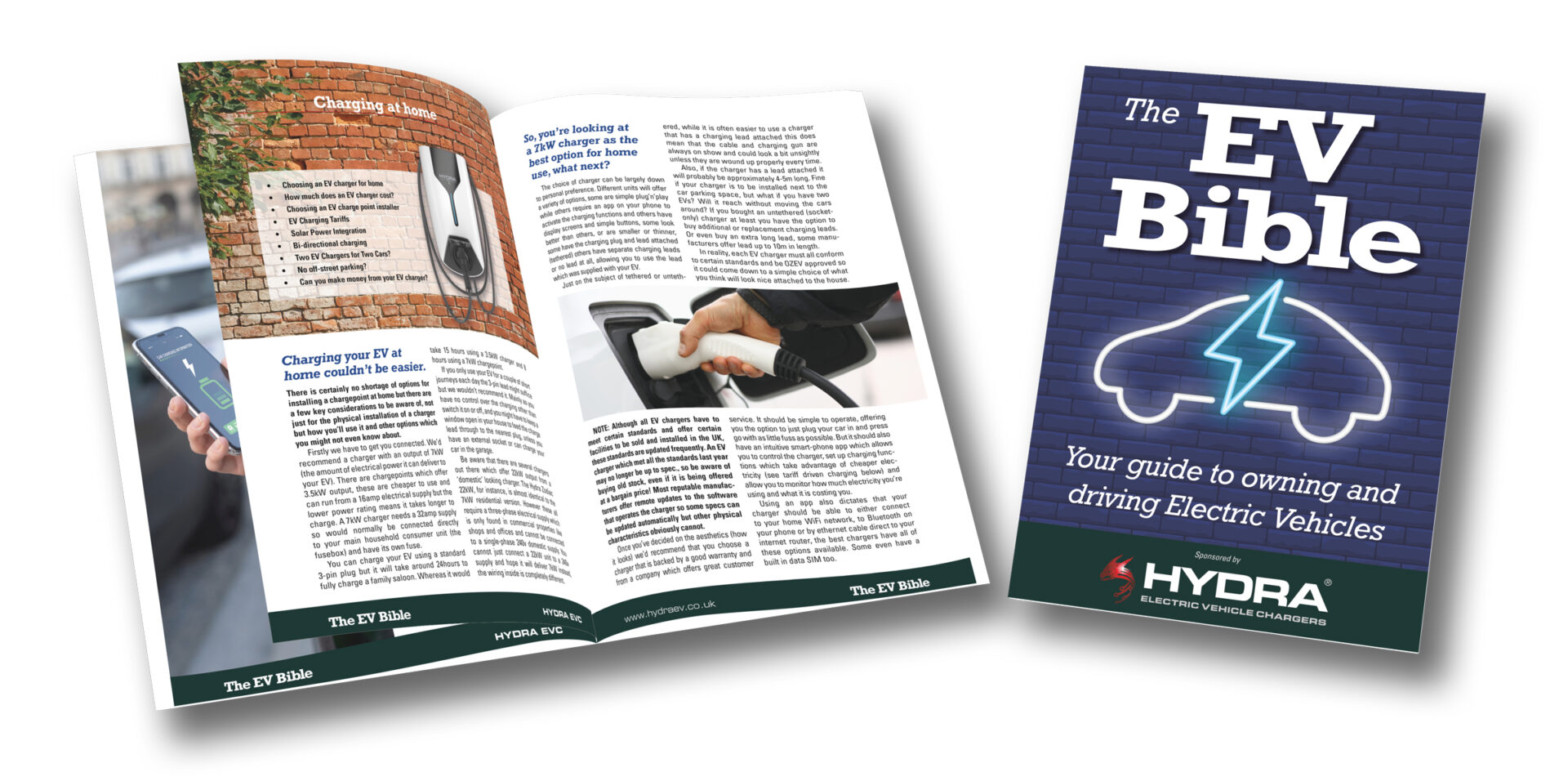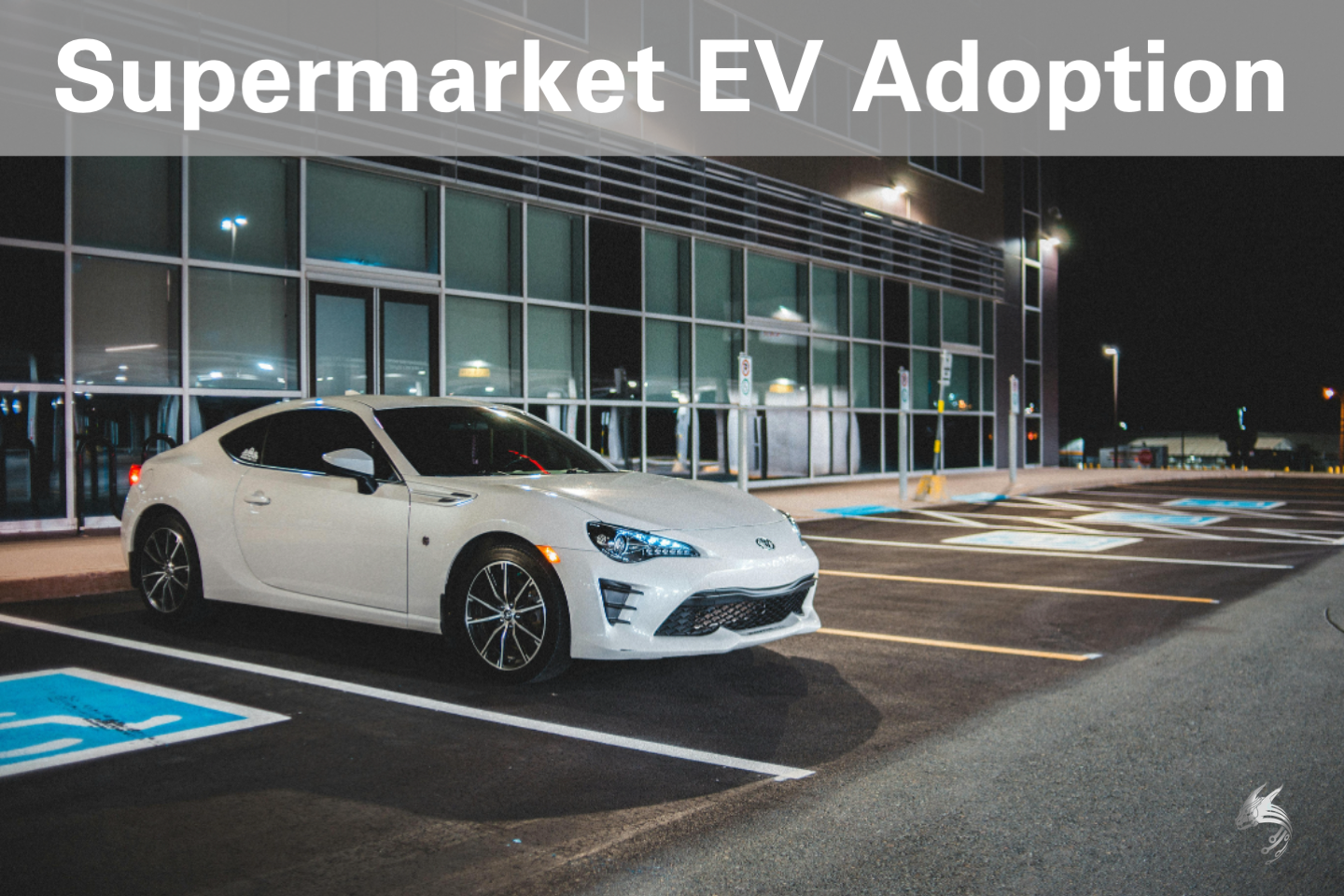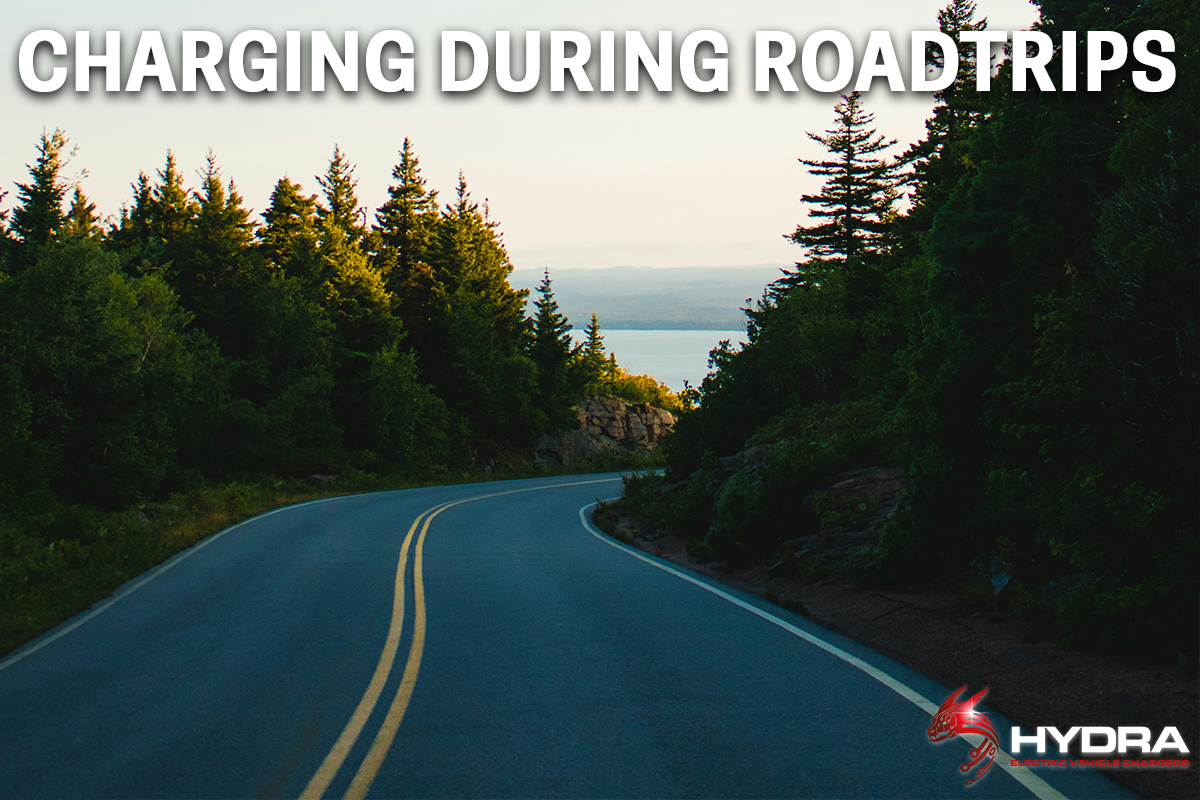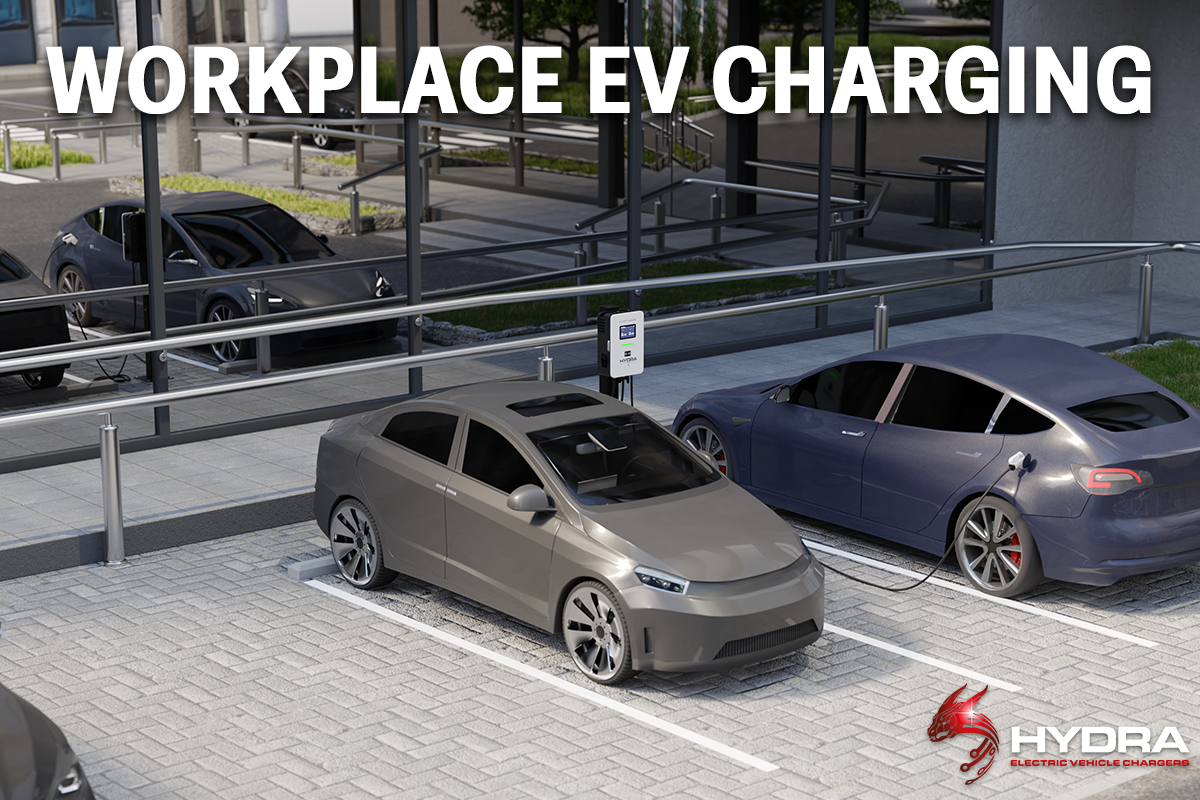With almost half-a-million pure Battery Electric Vehicles (BEVs) on the road and 800,000 plug-in hybrids a trend seems to have developed where EV owners assume you need to plug in and recharge every night.
While this might be the case with hybrids which have a very short range of between 30-50 miles (50-80km) for EVs with 150, 200 or even 250 miles range it shouldn’t be necessary unless you have a round trip every day that exceeds that range.
It sounds obvious but anecdotal evidence suggests that just as many drivers have got into the habit of plugging in their smartphones every day to recharge the same habit has transferred to their BEV driving, with the battery capacity rarely dropping below 50%.
Range anxiety and the lack of recharging facilities out on the road might be adding to this fear of running out but for the vast majority of owners, plugging in every night is simply not required.
The rise in requests for dual-output home chargers for domestic use would also seem to indicate that drivers with more than one EV are assuming that they will often need to plug in both cars at the same time.
Here’s a few reasons to stop doing this now!
Fewer charging cycles helps battery life
Although modern battery technology has improved greatly, the number of charging cycles still has an effect on the longevity of the battery pack. Most experts suggest that you do not recharge until you get down to 10%-20% and then only recharge to 80%.
Although EV manufacturers build in a buffer to prevent draining down to 0% or fully reaching 100% of the physical capacity to prevent damage to the battery it is still advisable to keep charging to between 30%-80%.
The Hydra Zodiac 7kW domestic chargepoint can be configured via the Hydra Home App to deliver a certain amount of power – measured in kilo-watt hours (kWh) – to just top up your EV by a small amount rather than just leave it plugged in and recharge fully to 100%.
The average UK car journey is only 8 miles and most drivers only do around 150 miles per week
UK Government data indicates that the average journey length is just 8 miles. Using this as a guide even the most paltry hybrid battery-only distance should get you to work and back on one charge. And almost all 100% EVs on the market would last a whole week on one charge.
EV recharging stations are popping up everywhere.
The increased coverage of publicly available EV chargepoints should go someway to reduce range anxiety so even if you need to make an unexpected detour or last minute trip you should be able to find a recharge point to get you home.
Using apps such as Zap-Map will locate all of the available chargepoints in any given area. It can also show you the recharge points along a route or near a regular destination.
Make sure you’re on an EV tariff or cheaper night-rate energy tariff.
Just plugging in when you get home and leaving the EV to fully charge overnight is also not the most economical way to charge your EV. Just because the cost is drastically lower than buying petrol or diesel doesn’t mean you should ignore other savings.
Some energy suppliers offer a cheaper night-time tariff or even a dedicated EV tariff. Octopuss Energy offer an EV tariff costing 7.5p per kWh for 6 hours each night.
You can set up the Hydra Zodiac via the Hydra Home App to only charge between these cheaper rate hours regardless of whether it is plugged in during normal daytime hours.
And if you must charge during the day the Hydra Home App allows you to recharge an amount determined by cost – eg £3 – which is determined by your energy tariff.
